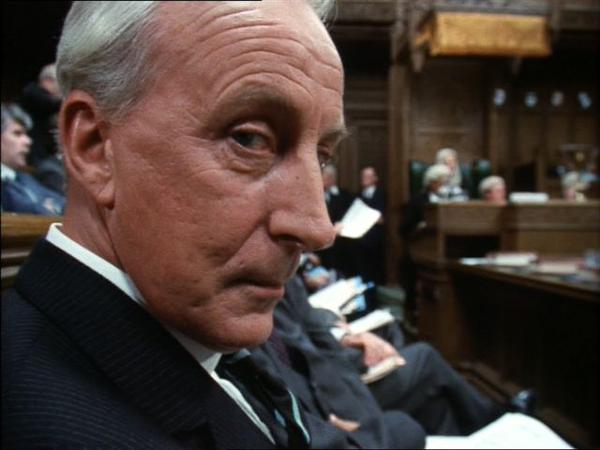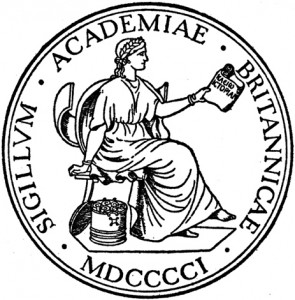
Here’s something I’ve been wondering recently. Is it just me, or have major research council funding announcements started to be made by government ministers, rather than by the, er, research councils?
Here’s a couple of examples that caught my eye from the last week or so. First, David Willetts MP “announces £29 million of funding for ESRC Centres and Large Grants“. Thanks Dave! To be fair, he is Minster of State for Universities and Science. Rather more puzzling is George Osborne announcing “22 new Centres for Doctoral Training“, though apparently he found the money as Chancellor of the Exchequer. Seems a bit tenuous to me.
So I had a quick look back through the ESRC and EPSRC press release archives to see if the prominence of government ministers in research council funding announcements was a new thing or not. Because I hadn’t noticed it before. With the ESRC, it is new. Here’s the equivalent announcement from last year in which no government minister is mentioned. With the EPSRC, it’s being going on for longer. This year’s archive and the 2013 archive show government ministers (mainly Willetts, sometimes Cable or Osborne) front and centre in major announcements. In 2012 they get a name check, but normally in the second or third paragraph, not in the headline, and don’t get a picture of themselves attached to the story.
Does any of this matter? Perhaps not, but here’s why I think it’s worth mentioning. The Haldane Principle is generally defined as “decisions about what to spend research funds on should be made by researchers rather than politicians”. And one of my worries is that in closely associating political figures with funding decisions, the wrong impression is given. Read the recent ESRC announcement again, and it’s only when you get down to the ‘Notes for Editors’ section that there’s any indication that there was a competition, and you have to infer quite heavily from those notes that decisions were taken independently of government.
Why is this happening? It might be for quite benign reasons – perhaps research council PR people think (probably not unreasonably) that name-checking a government minister gives them a greater chance of media coverage. But I worry that it might be for less benign reasons related to political spin – seeking credit and basking in the reflected glory of all these new investments, which to the non-expert eye look to be something novel, rather than research council business as usual. To be fair, there are good arguments for thinking that the current government does deserve some credit for protecting research budgets – a flat cash settlement (i.e. cut only be the rate of inflation each year) is less good than many want, but better than many feared. But it would be deeply misleading if the general public were to think that these announcements represented anything above and beyond the normal day-to-day work of the research councils.
Jo VanEvery tells me via Twitter that ministerial announcements are normal practice in Canada, but something doesn’t quite sit right with me about this, and it’s not a party political worry. I feel there’s a real risk of appearing to politicise research. If government claims credit, it’s reasonable for the opposition to criticise… now that might be the level of investment, but might it extend to the investments chosen? Or do politicians know better than to go there for cheap political points?
Or should we stop worrying and just embrace it? It’s not clear that many people outside of the research ‘industry’ notice anyway (though the graphene announcement was very high profile), and so perhaps the chances of the electorate being misled (about this, at least) are fairly small.
But we could go further. MEPs to announce Horizon 2020 funding? Perhaps Nick Clegg should announce the results of the British Academy/Leverhulme Small Grants Scheme, although given the Victorian origins of investments and wealth supporting work of the Leverhulme Trust, perhaps the honour should go to the ghosts of Gladstone or Disraeli.

